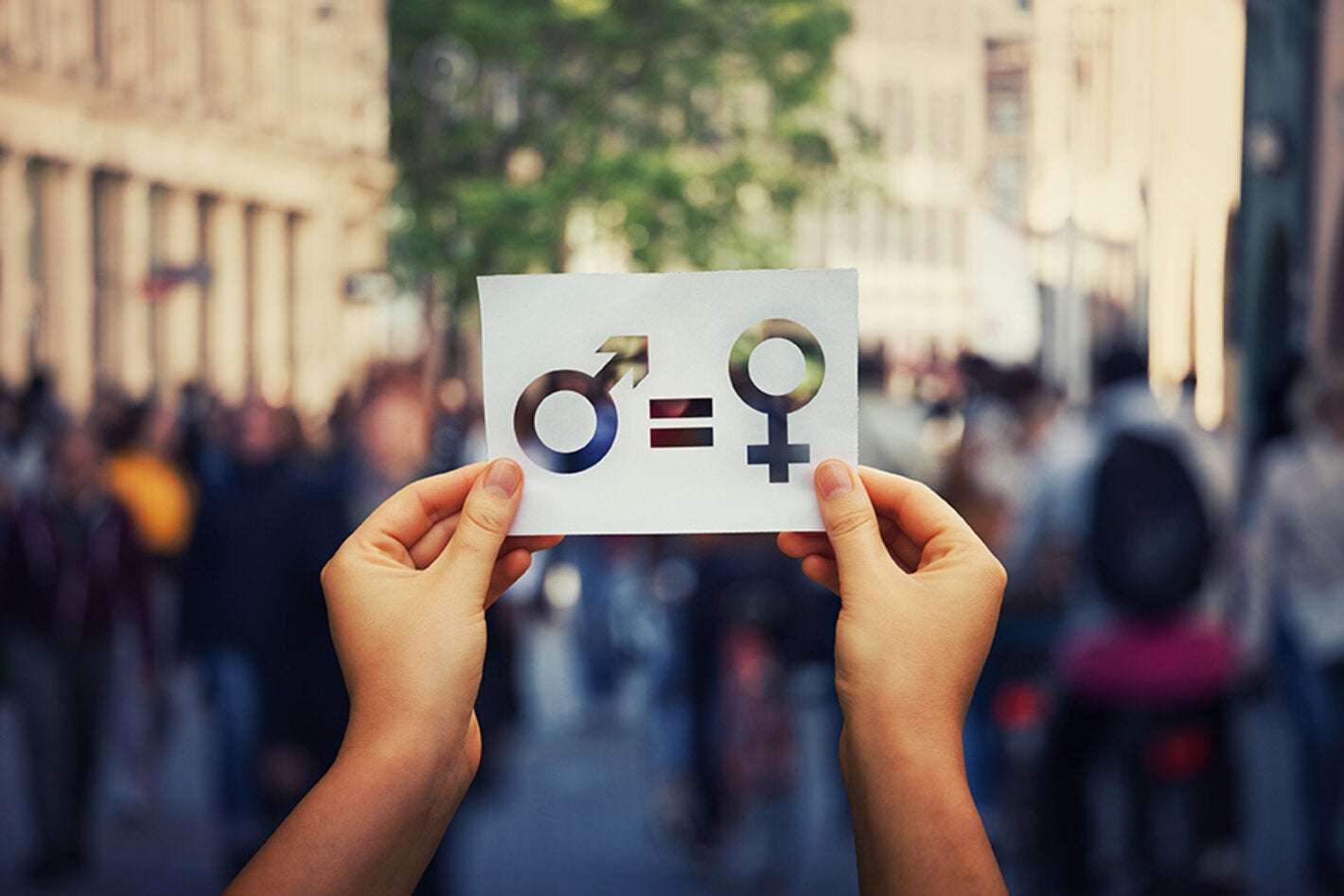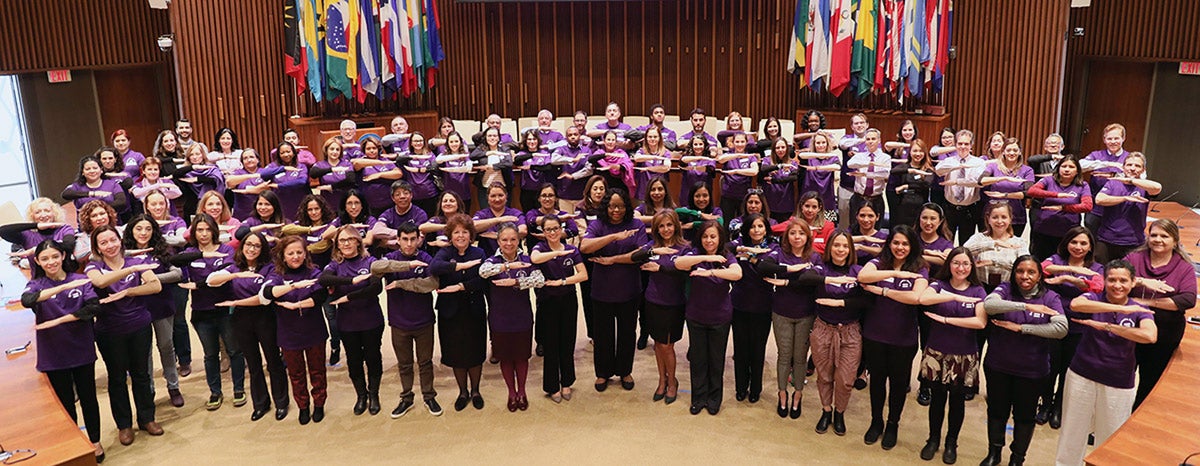
Statement from Dr. Carissa F. Etienne, PAHO Director, on International Women’s Day 2020
Washington D.C. 6 March 2020 (PAHO)—When I was six years old, sitting on the porch one day with my favorite aunt, we saw our neighbor MaZee leaving her house for the hospital to give birth to her child. My aunt called after her, “Safe passage!” I asked where was MaZee going. She explained to me that having a baby could be dangerous, that some mothers didn’t come home after going to the hospital to give birth. I remember feeling deep sadness, thinking how MaZee’s children would suffer if they lost their mother. The thought stayed with me for a long time and would eventually inspire me to devote much of my life to improving women’s health.
Since my childhood, things have changed a great deal for the better, not only in my own country, Dominica, but throughout the Americas and around the world. Last year in Dominica, there were zero deaths associated with pregnancy or childbirth. In the Caribbean as a whole, women’s life expectancy is more than 20 years higher today than it was in the 1950s. These are gains that we should all celebrate on International Women’s Day, March 8.
Many factors have contributed to this progress. I believe one of the most important is the enormously expanded decision-making power women now have in society, government and, in particular, health. I have seen firsthand how empowering disadvantaged women in my own country led to positive changes in the way health services are organized and delivered, becoming more accessible and better addressing women’s health needs. Having women rise to the highest levels in ministries of health and other key positions has contributed to improvements in health not just for women and girls but for men and boys as well. Why? Perhaps because women throughout human history have had unique responsibilities that give them a unique appreciation of what is needed to protect and improve health and well-being for all.
I believe it is self-evident that achieving gender equality would be a win-win for everyone. But we still have a long way to go. Far too many women—especially those from disadvantaged groups and backgrounds—still lack the decision-making power they need to protect the health and well-being of themselves and their families. Far too many still lack the economic power and social status they need to escape abusive environments or to live securely and comfortably through old age. In this sense, our glass is still half empty.
On the occasion of International Women’s Day, I am proud to recommit all of us at PAHO to doing everything we can to advance gender equality, especially in health. That means ensuring we have the data we need to bring light to gender disparities in health. It means supporting our countries’ efforts to address those disparities through evidence-based public health action. It means using a gender equality framework to strengthen health systems and services. And last but by no means least, it means empowering women to be major drivers and beneficiaries of our Region’s advancement toward universal health.




